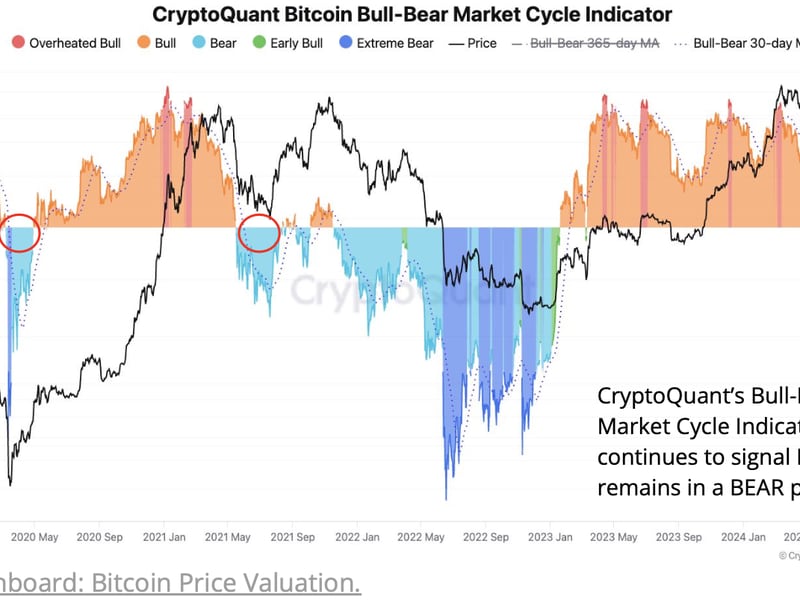IBM, Tata Become First Big Techs to Back Hedera Blockchain

IBM and Indian telecom company Tata Communications have joined the governance council of Hedera Hashgraph, a blockchain-like public network for enterprises.
Now, eight of the 39 available spots for governing council members are filled, the network announced Monday.
“Our goal is to create the most decentralized governing body of any of the major public platforms,” Mance Harmon, CEO of Hedera, told Coindesk. “We’re covering multiple industries … and we’re wanting global coverage.”
Hedera claims its flavor of distributed ledger technology (DLT), which works differently than blockchains, can facilitate micropayments and distributed file storage, support smart contracts and will eventually allow private networks to plug into the public one to take advantage of its transaction ordering mechanism.
After three rounds of funding done through simple agreements for future tokens (SAFTs), Hedera has raised $124 million.
IBM is the first major tech company and Tata is the first Indian company to join the network. Some of the network’s other governing members include Japanese financial holding company Nomura, Deutsche Telekom and law firm DLA Piper. At this point in the network’s lifecycle, council members are invited by Hedera to join and given fee income for running nodes.
Public-private partnership
IBM said it is most interested in how the public network interacts with private networks.
“The most exciting part is the proposed Hedera Consensus Service,” said Bryan Gross, principal offering manager of the IBM Blockchain Platform. “It has the potential to provide the core innovation of proof-of-work blockchains, like bitcoin and ethereum, without the performance and privacy trade-offs that are typically associated with these networks.”
Since the Hedera Hashgraph is designed to unify public and private networks, IBM will use it to build trust in custom Hyperledger Fabric networks. (Big Blue contributed the Fabric platform to Hyperledger, an umbrella project for enterprise blockchains.)
“Hedera Consensus Service makes it possible for Hyperledger projects out there to use the service to put transactions in order and eliminate the need for them to stand up nodes for transaction ordering, and they get the trust model of a public network,” Harmon said.
Tata Communications, part of the Indian conglomerate Tata Group, could not be immediately reached for comment but said in a press release that it plans to use distributed ledger technology to improve operational efficiency.
Checks and balances
The addition of the two major firms will further decentralize Hedera’s governance, said Harmon.
That governance includes a system of checks and balances that are supposed to prevent power from being consolidated at the network.
Members of the council have equal say in approving updates to Hedera’s codebase and in setting policies for the network’s nodes.
Council members can serve a maximum of two consecutive three-year terms if two-thirds of the council agrees to let them continue.
Hedera’s source code is open for review, but patented – an arrangement intended to prevent forks.
Hedera Hashgraph booth at Consensus 2019, image via CoinDesk archives









